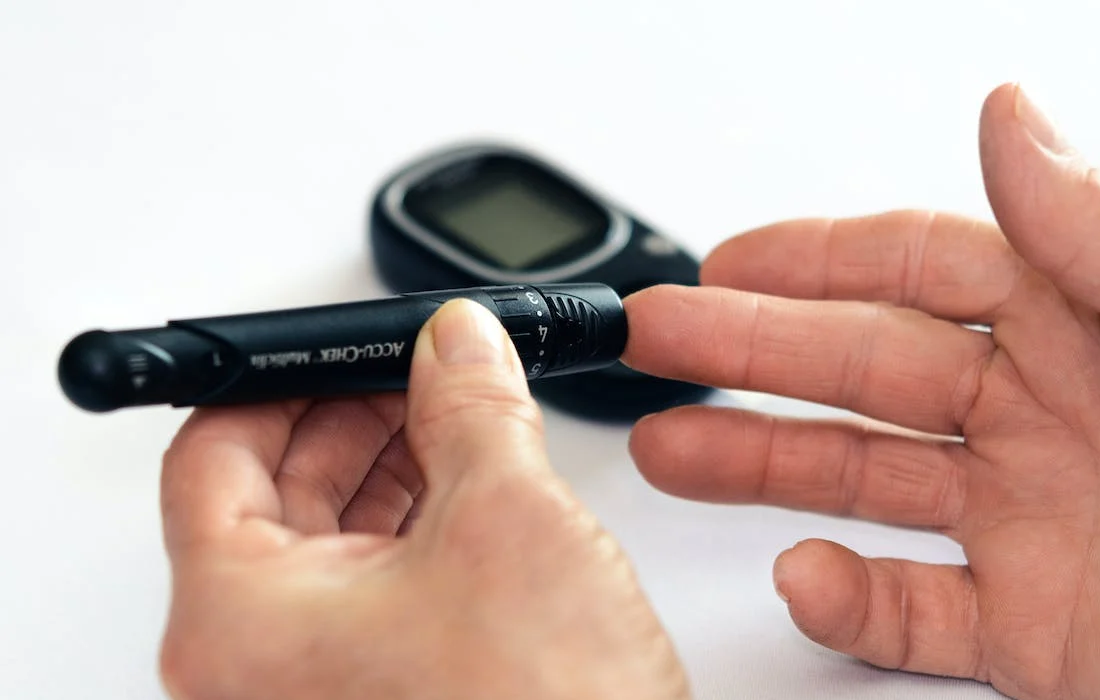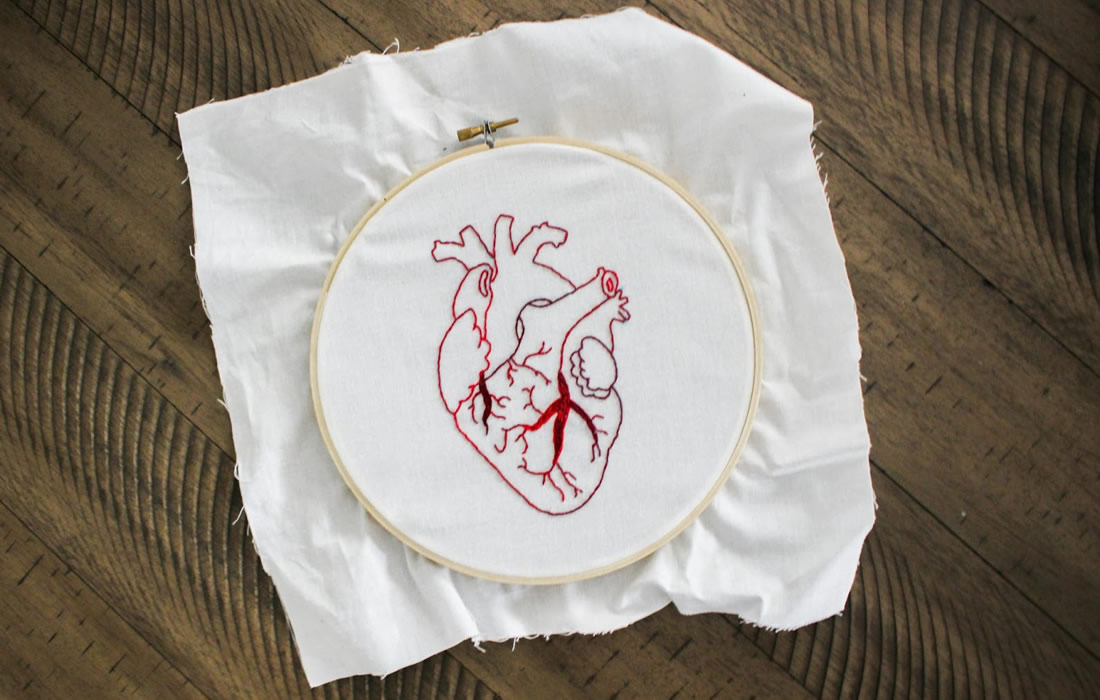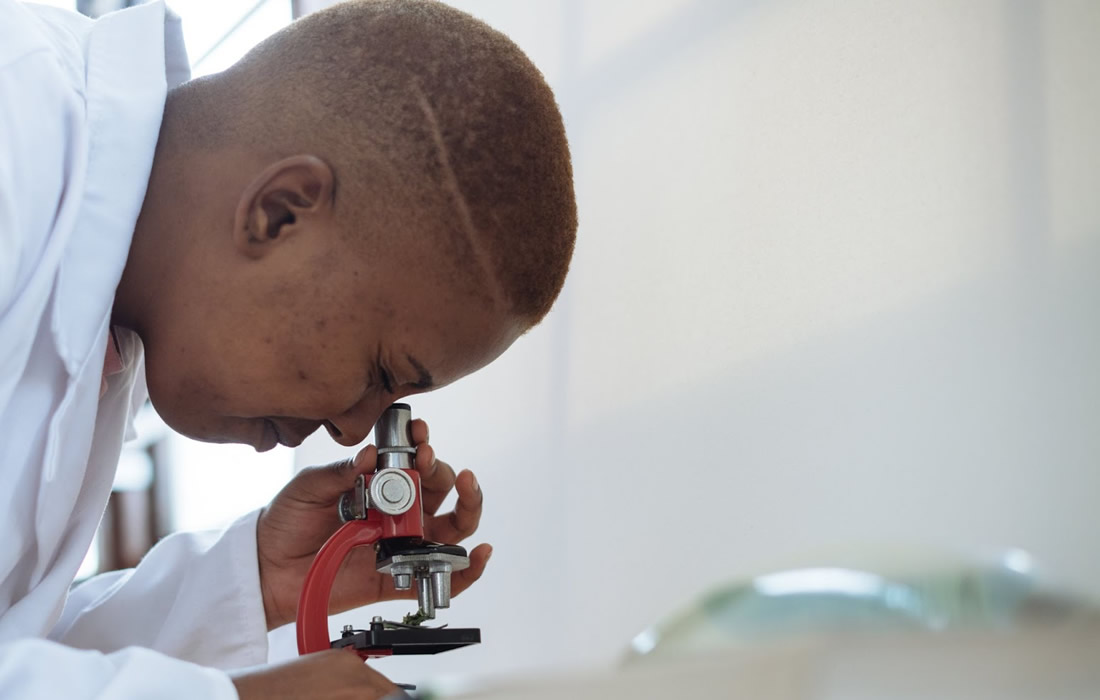A new study published in BMJ Mental Health has found that individuals with severe mental illness are almost twice as likely to report physical multimorbidity, emphasizing the critical importance of addressing the intersection between mental and physical health. Multimorbidity is when a person is affected by any combination of chronic disease with at least one […]
Monthly Archives: November 2023
Scientists from the Department of Energy’s Pacific Northwest National Laboratory (PNNL) analyzed more than 4,700 molecules — proteins, lipids, and metabolites — from 11 young firefighters who went through a rigorous training exercise, looking to understand what happens when the body undergoes intense physical exercise. For this study, the intent was to increase safety for […]
An innovative stem cell-based treatment for Type 1 diabetes can meaningfully regulate blood glucose levels and reduce dependence on daily insulin injections, according to new clinical trial results from the University of British Columbia (UBC) and Vancouver Coastal Health (VCH). The findings, published today in Nature Biotechnology, arise from a multicenter clinical trial for an […]
Eating more ultra-processed foods (UPFs) may be associated with a higher risk of developing cancers of upper aerodigestive tract (including the mouth, throat and esophagus), according to a new study led by researchers from the University of Bristol and the International Agency for Research on Cancer (IARC). The authors of this international study, which analysed […]
Pancreatic cancer is tricky to manage because it spreads easily and early, and the tumors have a unique biological makeup. But, researchers made a breakthrough by learning about the genetic changes that occur during tumor migration — and also found a drug that can obstruct the process. The five-year survival rate for pancreatic cancer is […]
The number of people surviving a heart attack has increased significantly, but this severe cardiac event causes irreparable damage to their hearts. This damage is permanent because the human heart has no ability to grow new heart muscle cells. Instead, connective tissue cells known as fibroblasts migrate into the damaged area of the heart muscle. […]
Cambridge scientists have grown small blood vessel-like models in the lab and used them to show how damage to the scaffolding that supports these vessels can cause them to leak, leading to conditions such as vascular dementia and stroke. The study, published in Stem Cell Reports, also identifies a drug target to ‘plug’ these leaks […]
To age or not to age! How does aging affect organisms on a cellular level? What mechanisms help cells survive self-inflicted or external harm? It is known that lysosomes — critically important cellular structures — are crucial for digesting damaged cellular components and pathogens, and maintain stability within cells and tissues. But can they also […]
An international team of researchers has developed a handheld, non-invasive device that can detect biomarkers for Alzheimer’s and Parkinson’s Diseases. The biosensor can also transmit the results wirelessly to a laptop or smartphone. The device relies on electrical rather than chemical detection, which researchers say is easier to implement and more accurate. Current state of […]
A compound which binds to an inner region of a calcium channel to indirectly regulate it, outperformed gabapentin without troublesome side effects, providing a promising candidate for treating pain. Calcium channels play a central role in pain signaling, in part through the release of neurotransmitters such as glutamate and GABA according to Rajesh Khanna, director […]










